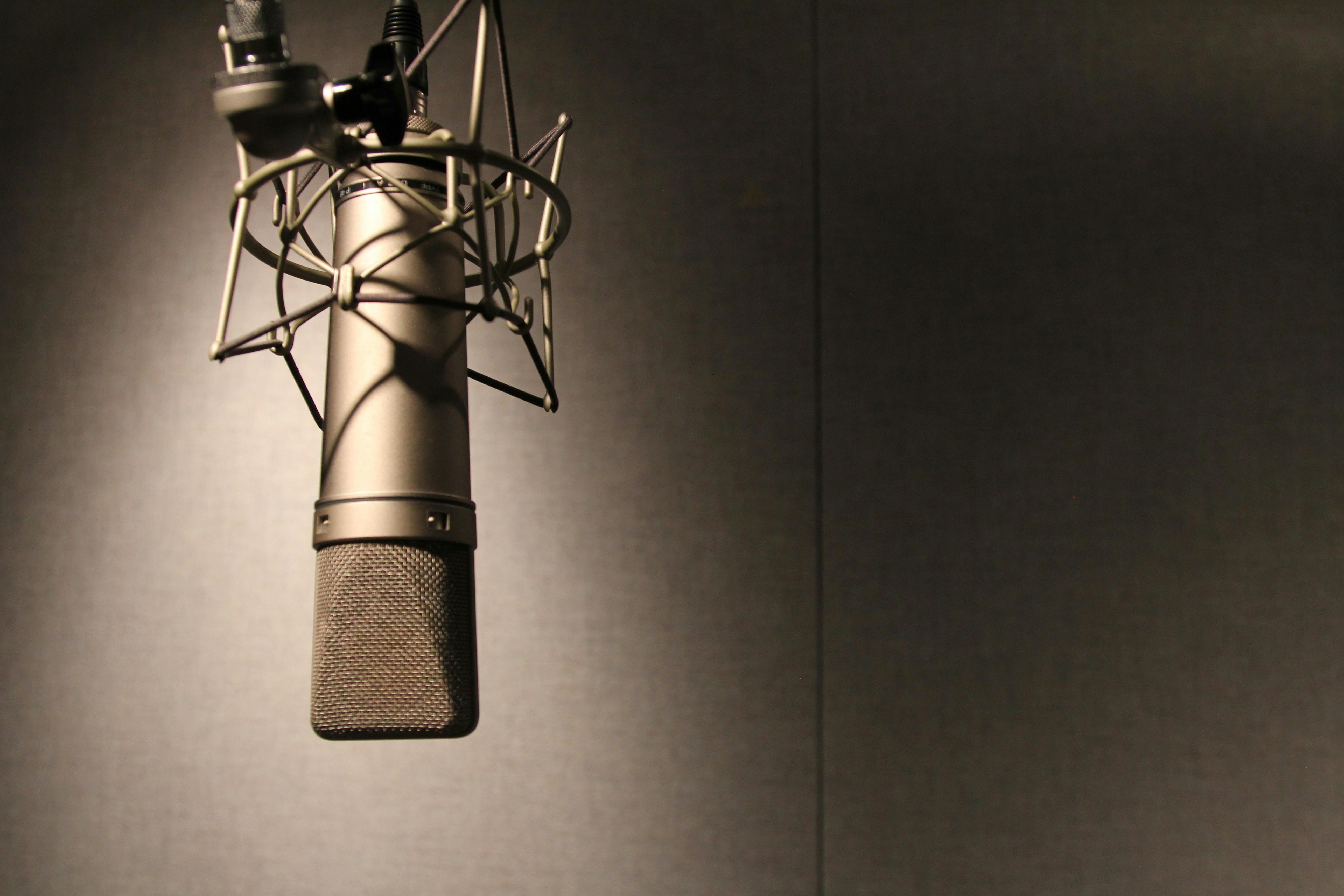
Nurole Guide: What it’s like to sit on a government board
As part of our Future Global Leaders Programme, two experts talk us through public sector roles...
When it comes to board-level roles, there is lots of talk about companies and charities and the way they work. Far less is known about government bodies, but with an eclectic range of organisations doing very interesting public-facing work, these can be fascinating boards to join.
As part of our Future Global Leaders Programme, we were joined by Professor Dame Carol Black, chair of the British Library, and Dame Sue Owen, former Permanent Secretary of the Department of Culture, Media and Sport, for an illuminating discussion about government boards.
Understand the landscape
The term “government board”, Dame Sue Owen explained, is actually deceptively simple. In the UK there are 24 ministerial departments, 20 non-ministerial departments (things like the Crown Prosecution Service and HM Revenue & Customs) and 409 arms-length bodies overseen by ministries that cover almost every aspect of life in the UK.
So there is a huge range of opportunities for board-level talent, although different boards perform slightly different functions. The ministry boards play a more advisory role, Dame Sue explained, with a mix of ministers, executives and NEDs, while the arms-length bodies tend to have more direct impact and influence (although they are still accountable to the government.)
The good news is that all the roles on all the public sector boards are advertised on the HM Government Public Appointments website.
Know what they need
"Recently," Dame Sue explained, "the government boards have been trying to up their game in bringing in commercial sector skills.” They are especially keen on finding people with procurement and financial expertise, she said, so that big public projects can benefit from private-sector experience.
There is also an increasing focus on technology which is changing the way some boards hire. “With data science and data analytics, everyone is running to catch up,” Dame Sue said. “We are realising that we should be looking at younger people who have some of that experience. A really good advisor in those areas can save the taxpayer a tonne of money.”
Enthusiasm is essential
Having both applied and acted as an Independent Assessor for several government board positions, Dame Carol Black stressed the importance of "fire in your belly for what the organisation stands for."
"You need an absolute energy for getting to know the organisation whose board you are going to go onto," she said. "You will become part of the life of that organisation and that really matters to the staff." She also mentioned “willingness to learn”, “resilience” and “an aspiration to take the organisation to the next level” as things she would look out for.
Key differences
While some aspects of sitting on public boards are the same as the private sector, there are some key differences. When hiring, the minister who oversees that department or body makes the final choice, based on the panel's recommendation, although both panellists stressed this was not a power they had seen misused. "There is a perception ministers appoint their friends," Dame Sue said. "It's not right – there are checks and balances."
Another difference is the term lengths of government board members. Typically people are appointed for a three or four year term, without the presumption that term will be renewed, so there is less time to settle into a new role.
A three-way set-up
Unlike private boards, public boards don't tend to have an even split of executives and non-executives. The British Library for example has 12 trustees, only one of whom is an executive (the CEO). "You do get a slightly different mix," Dame Carol explained. "We the board are very conscious that our masters are the DCMS. It's crucial to have a good relationship with them as well as the executives who run the organisation. When it works well, it's a tripartite relationship with you all having the same aim.”
Accountability
One big difference between commercial and government boards is accountability. As the name suggests, public bodies are accountable to the public rather than shareholders, and this is always top of mind. "I am very conscious that we are spending the public's money and we should never forget that," Dame Carol said. "It makes you think very carefully about the programmes you are developing."
It also means that scrutiny takes different, and sometimes much more public, forms. Some chairs can be called in front of parliamentary committees while others might end up in high-pressure media situations. Dame Sue recalled running dummy Today programme interviews for the BBC Chair candidates – "Someone dropped out because they found dealing with a pretend John Humphrys so horrendous!"
Frustrations
There can occasionally be some teething problems when people first move from the private sector onto a government board. "There can be an issue with expectations," Dame Sue said. "It is hard to get money from the Treasury and there are some fairly stupid, in my opinion, controls put on things like marketing spend."
Pay is an issue – most government board roles are pro bono – but there are also restrictions on executives’ salaries that some boards find hard to navigate. "Nobody can earn more than the Prime Minister, which is about £130k,” Dame Sue said. “In the private sector, someone of the calibre you want may be getting three times that."
Dame Carol also flags up pace as a potential source of irritation. "Hiring can seem antiquated and a long process," she admits. "And in general we know what we want to get done - why does it seem so slow?"
Be prepared
As with commercial roles, making sure you prepare properly for an interview is essential. "I have done one interview where someone said, 'Oh yes I clicked through the advert last night'," Dame Sue remembers. "That is not going to get you the job – you need to think about what the job entails, why you want it and what you would bring to the party. Don’t try to be something you are not. Think about the skills you have got and present those in a sensible way."
Dame Carol agrees, and thinks that you learn a lot just by applying. "The interview process is such a good experience. Don’t think about applying too much. Have a go, and keep having a go because there are so many of these jobs out there. Learn how to deal with failure and brush yourself off if you don't get a role. The things I have regretted in life are the things I thought I wanted to go for and never did, or waited to be asked. Don’t do that."
Nurole is the global platform changing the way organisations bring the best people on to their boards. Find out how it works for talented people looking for the best board level positions, and for organisations looking to hire the best board level talent.






